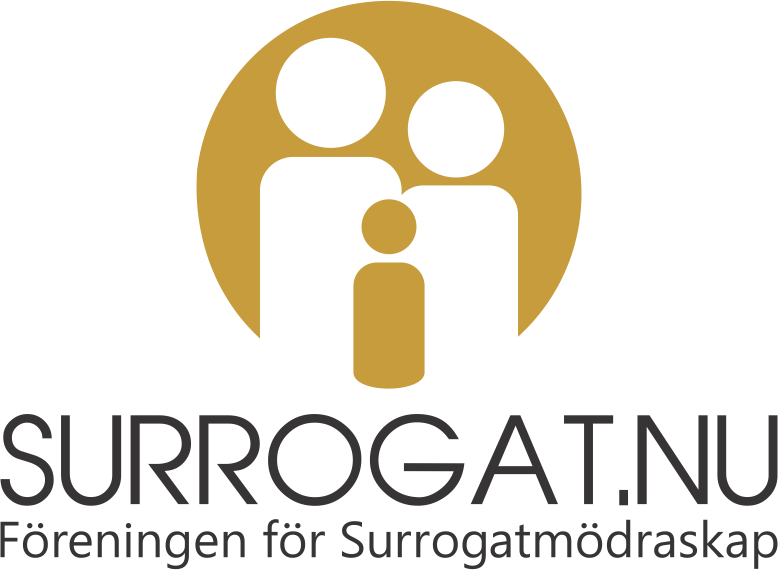Ett forskarlag från bl.a. Cambridge University i England har följt en grupp familjer där barnen fötts via surrogatmödraskap samt med hjälp av äggdonation. Familjerna har jämförts med 67 familjer där barnen fötts på ”naturlig” väg. Målet har varit att undersöka om det innebär några negativa konsekvenser för barn och de familjer där barnen kommit till via surrogatmödraskap eller äggdonation.
Forskarlaget gjorde en uppföljning vid 1 års ålder och såg inga skillnader i familjerna. Nu vid 3 års ålder konstaterar man att dessa barn som fötts via surrogatmödraskap eller med hjälp av ett donerat ägg mår minst lika bra som de barn som kommit till på naturlig väg. Det fanns dock en skillnad. Man uppvisade mer interaktion och värme i mellan mor och barn i de familjer där barnen fötts via surrogatmödraskap eller äggdonation jämfört med de barn som kommit till på naturlig väg. Sammanfattningsvis finns det inga belägg för att barn som föds via surrogatmödraskap eller äggdonation skulle må sämre än barn som kommit till på naturlig sätt i en sk ”kärnfamilj”.
Läs gärna hela studien. En Engelsk sammanfattning och referens till var du hittar artikeln i sin helhet hittar du nedan:
Human Reproduction Vol.21, No.7 pp. 1918–1924, 2006
S. Golombok, C.Murray, V.Jadva, E.Lycett, F.MacCallum and J.Rust
Non-genetic and non-gestational parenthood: consequences for parent–child relationships and the psychological well-being of mothers, fathers and children at age 3
BACKGROUND: Findings are presented of the third phase of a longitudinal study of children conceived by assisted reproduction procedures involving surrogacy and/or donor conception.
METHODS: At the time of the child’s third birthday, 34 surrogacy families, 41 donor insemination families and 41 oocyte donation families were compared with 67 natural conception families on standardized interview and questionnaire measures of the psychological well-being of the parents, mother–child relationships and the psychological well-being of the child.
RESULTS: The differences found between family types reflected higher levels of warmth and interaction between mothers and their 3-year-old children in assisted reproduction families than in families with a naturally conceived child. A higher proportion of surrogacy parents than donor conception parents had told their children about the nature of their birth.
CONCLUSIONS: It appears that the absence of a genetic and/or gestational link between parents and their child does not have a negative impact on parent–child relationships or the psychological well-being of mothers, fathers or children at age 3.

